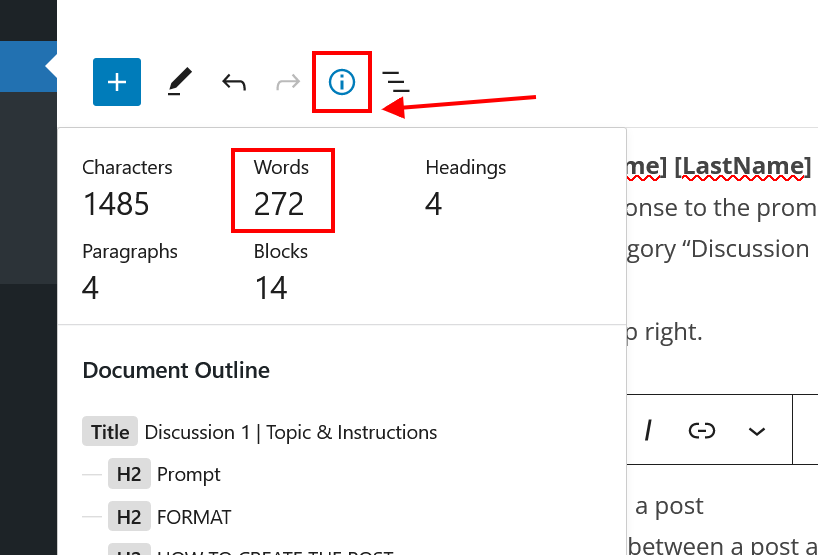Activism is the moment when you feel that there is something wrong going on in your life, your neighbor, or your city and you feel the need to make a change. I enjoyed watching “Girl Connected” and I really loved how these five Girls: Josi, Michelle, Aisha, Latifa, and Ghazal were mature enough to think outside their comfort zone and actually stand for their rights. They know they deserve better education, a good environment, and most importantly mature mentality around them. It is very sad to see them scared of society that is ready to steal their youth, future, and virginity. They choose to be activists because it is the only way to freedom. For example, Aisha from India was diagnosed with epilepsy when she was five which lead her to quit school. I found her very brave and ambitious about not only karate but life in general. The fact that she is Muslim and took a men’s sport tells a lot about what she went through as a child. In my opinion, Activism always starts from the smallest groups. It should be at least one of us who has the courage to speak, break taboos and say the truth. Like Josi from Peru did in her university, she was so fearless that she picked the most sensitive topic in her city to talk about. Prevention of teenage pregnancy is a very serious problem that most girls deal with. It can stop them from achieving their goals, having high-salary jobs, or getting married. Activism has no age and no gender. Anyone who thinks something needs to change is an activist.
An activist is a person who is looking to change the world. An activist is a person who is ready to commit and inspire others. Wendy Syfret explained in her excerpts “How To Think Like An Activist” that activism has always been related to the energy and voices of individuals who are willing to make a difference in the world. Young activists are the ones speaking the most because of the environments they live in their universities, clubs, gender, sexual orientation, etc. These topics are more discussed between young adults and that’s why they are the ones seeking change. Social media has played such a huge role in developing activism because it become very easy to educate or speak about an issue nowadays. The message could be heard and transformed by thousands of people on social media. This is such a great opportunity and motivation for young people who are sometimes afraid of speaking up. Now, all we have to do is to press record and film a video of something inappropriate happening. This is how the world or police will believe us. For me, since I created my social media platform and I become confident about myself and what I believe in, I started sharing videos about me just talking about different topics that most of my friends find it hard. Before I talk about any topic, I make sure I do a lot of research and get more knowledge to fully understand the situation. Most of the time my followers will interact and discuss the topic too. It feels good to be a leader or to think outside the box sometimes. This world will only move forward if we make changes.

